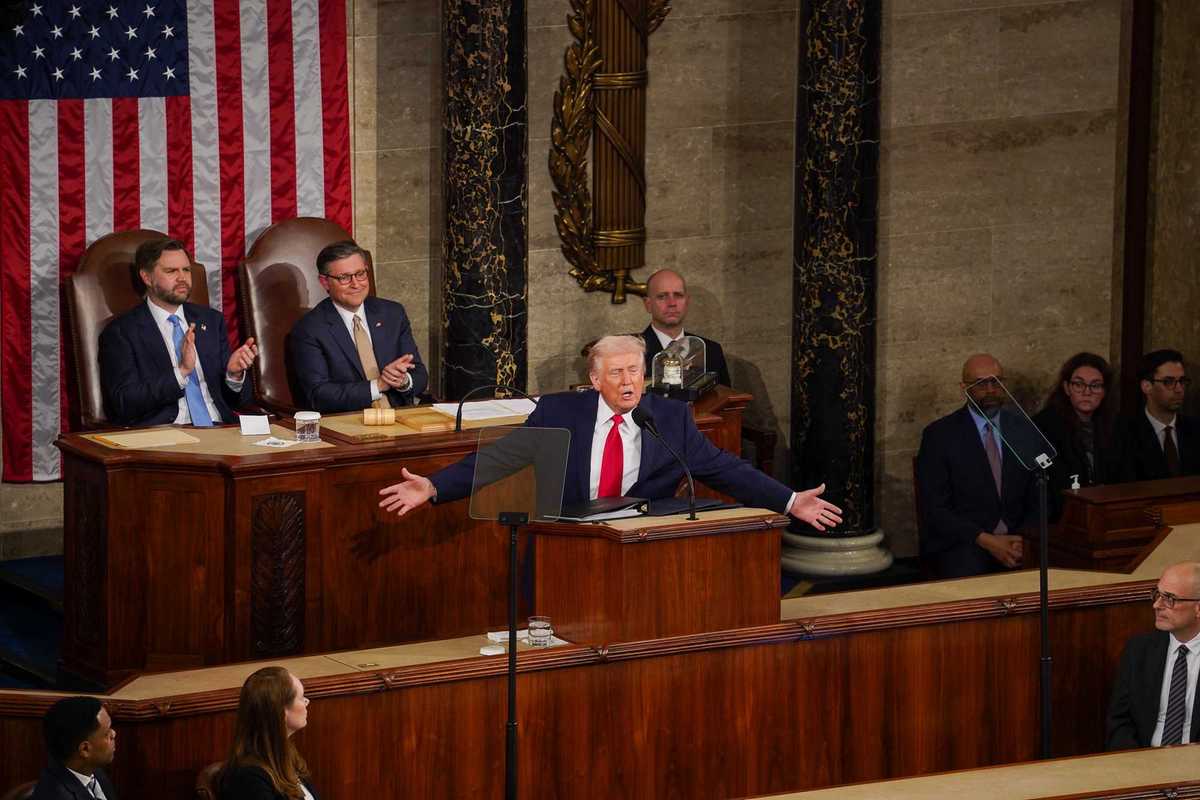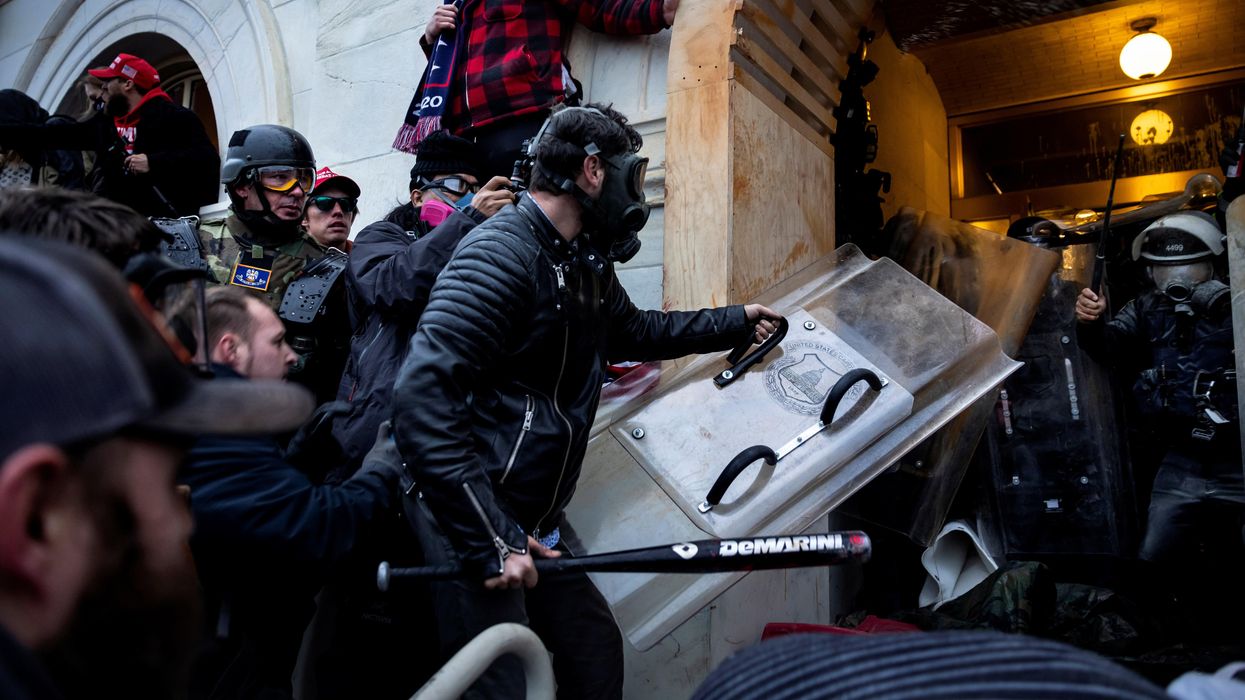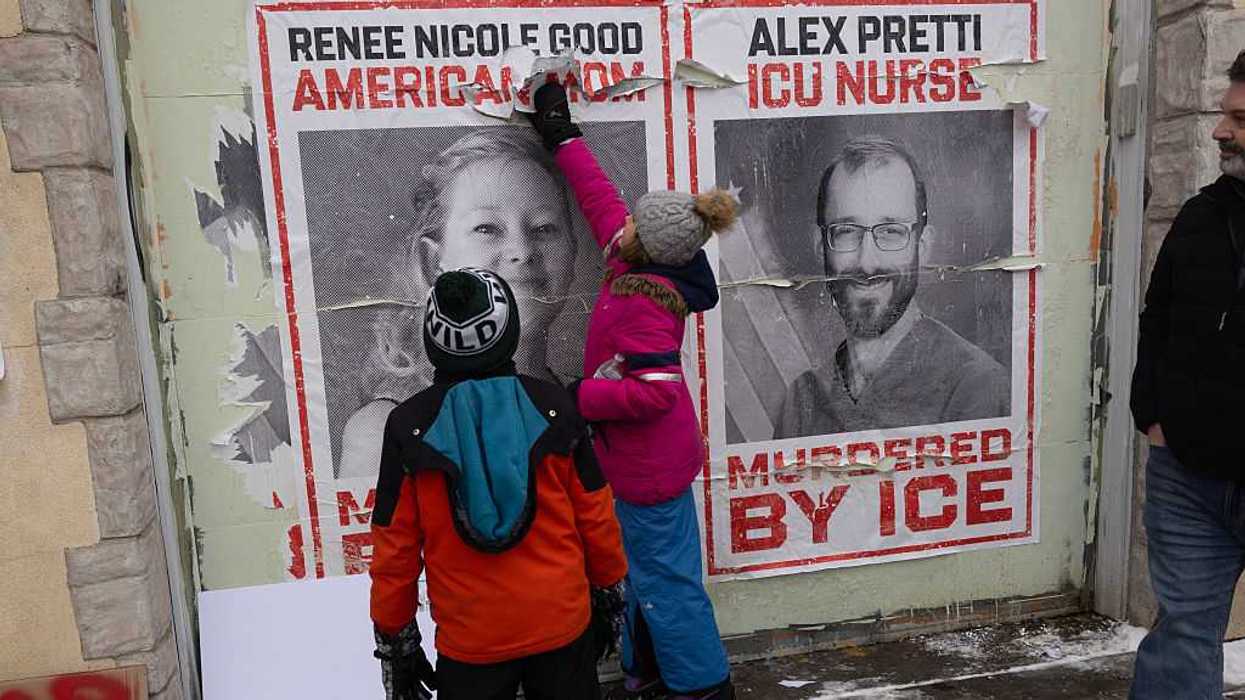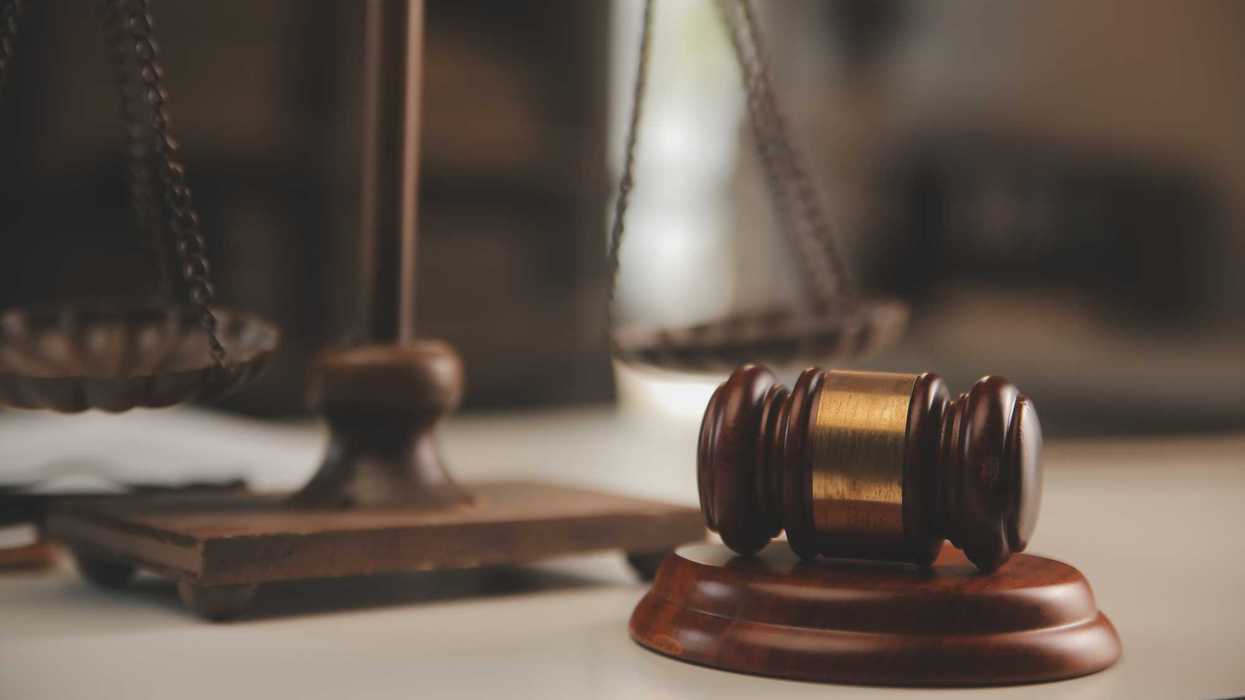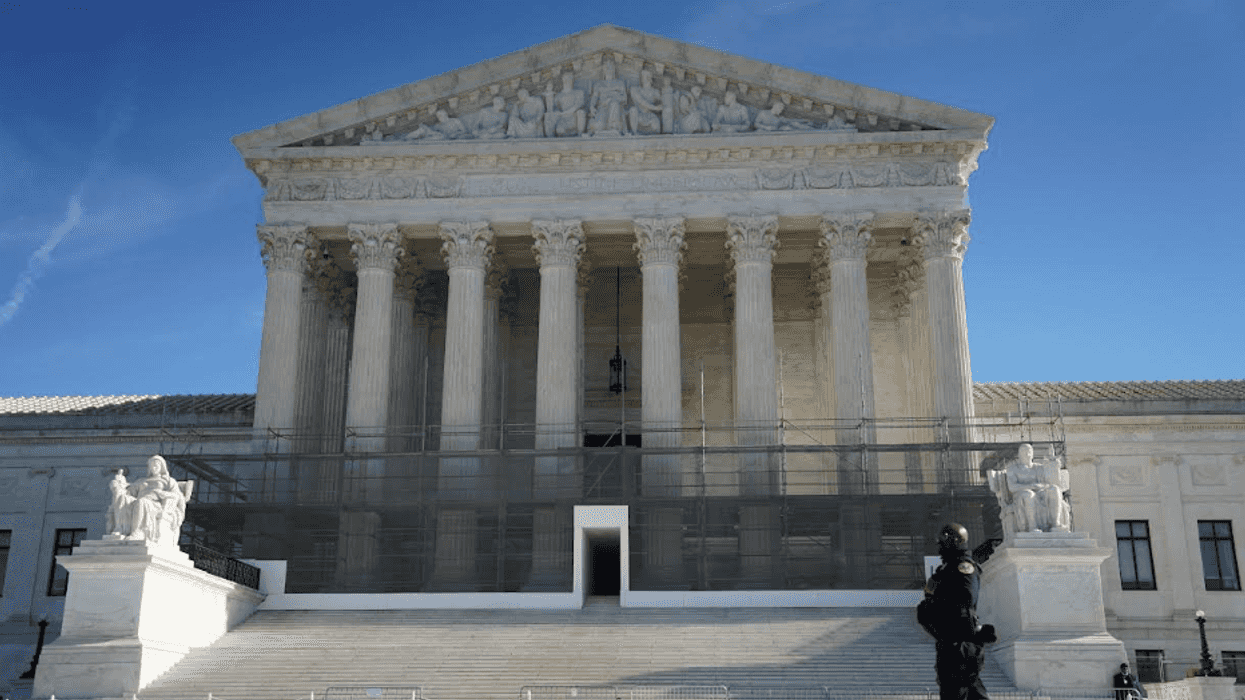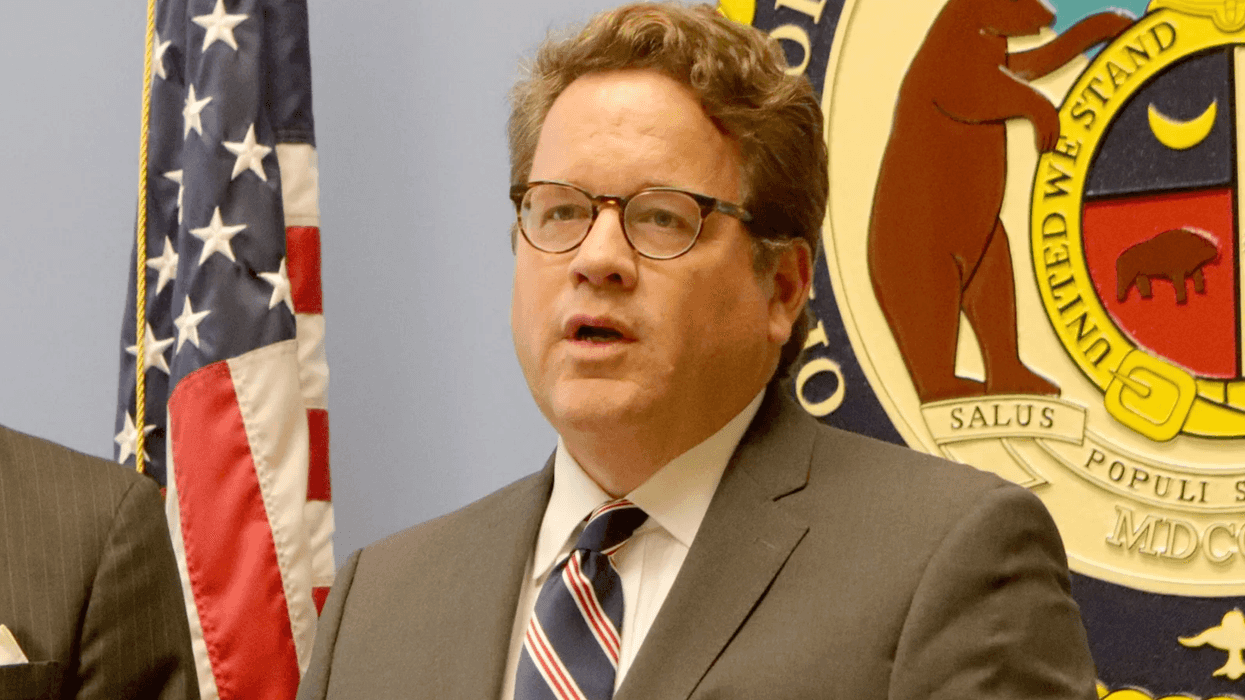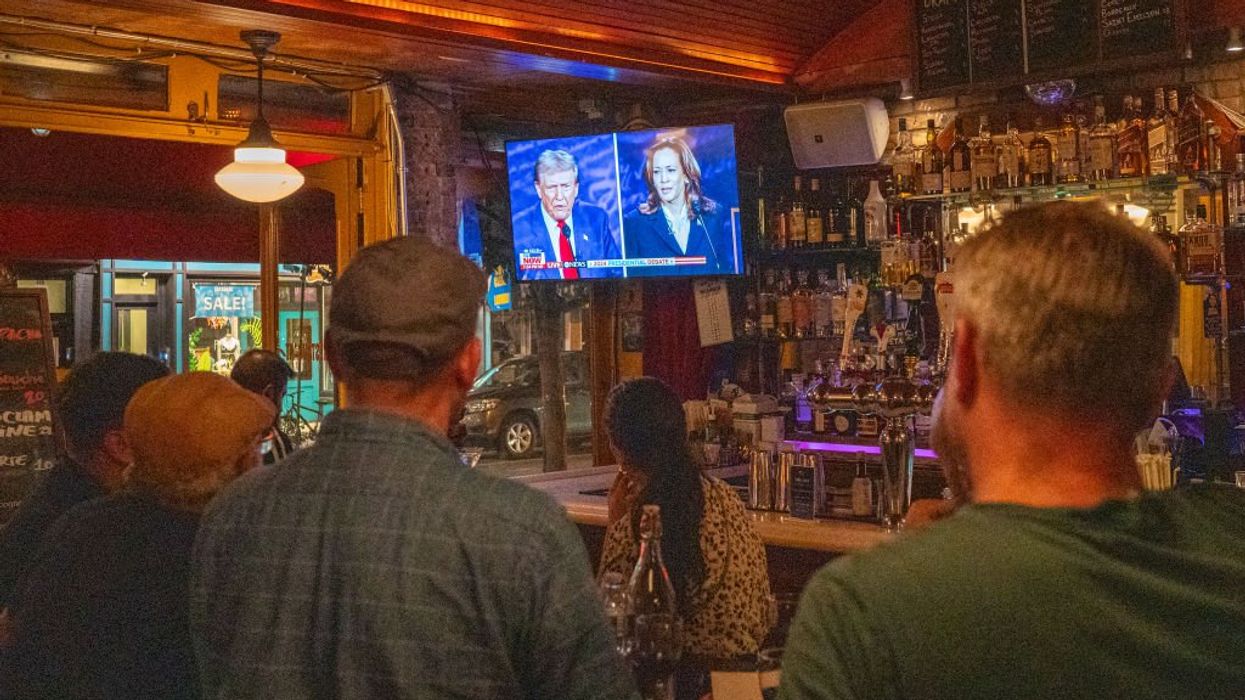The recent four-year anniversary of the attack on the Capitol also called the insurrection, has many referring to it as an attack on democracy, an overturning of the Constitution, or a scheme by President-elect Donald Trump to take the White House. However, it’s not spoken of as a terrorist attack.
Trump has also pronounced that after his inauguration on January 20, he will begin pardons of every person sentenced due to their actions that day on January 6, 2021.
I recently read a social media meme stating: “Black Crime = Gang Violence,” “Arab Crime=Terrorism,” and “Hispanic Crime=Illegal Immigrants,” but “White Crime=Self Defense.” Apparently, this applies to those involved in the Capitol attack.
Although it was numerous different groups involved in the January 6th attack, including the Proud Boys, SkinHeads, Baked Alaska, The Nationalist Social Club, Qanon and Kekistan Flag, however, they were never referred to as a gang.
Even though they conspired to carry out criminal acts that led to people dying and being the victims of aggravated assault, none of the group leaders got sentenced to life in prison.
According to the Department of Justice, 1,572 people were charged with crimes that day, and 1,251 were convicted, including 996 who pleaded guilty. Of those receiving sentences, 645 were sentenced to various periods of incarceration, with 145 sentenced to home detention. Close to 260 people still have cases yet to be reviewed.
None were charged under the “Racketeer Influenced and Corrupt Organizations Act,” or RICO, “which allows authorities to punish offenders engaging in criminal activities” under directions from bosses or higher-ups.
There are individuals in U.S. prisons now who have served more than 50 years, some serving six life sentences for crimes that many would weigh lesser than what so many of us witnessed on January 6 four years ago.
As a veteran, I felt anger to see what U.S. soldiers fought for get desecrated. I felt so vulnerable as a Black man that day because if those involved in the violence that day do this to the institution that is the United States of America, they likely disregard the U.S. Constitution.
Many saw on live television a group of people telling the world they don’t care that others think they are white supremacists. They were out to show the world how supreme they were.
The recent New Year’s Day tragedy in New Orleans, orchestrated by a Black U.S. veteran and self-proclaimed member of ISIS, killed 14 and injured 13 more. The FBI calls it a terrorist event of someone acting alone with pre-meditations.
Although it was many groups involved in the January 6 attack on the United States Capitol who communicated with one another or conspired and committed a criminal act when people died, it has yet to be called gang-related. Nor has anyone faced RICO charges. And no one involved with January 6 has been called a terrorist.
How persons charged with crimes are labeled and treated in the justice system matters. Fair sentencing and deserved clemency matter. Pardons must go to those who deserve it.
Fredrick Womack oversees administrative and organizational operations as Executive Servant for Operation Good Foundation in Jackson, MS. He is a Public Voices Fellow on Transformative Justice through The OpEd Project.




